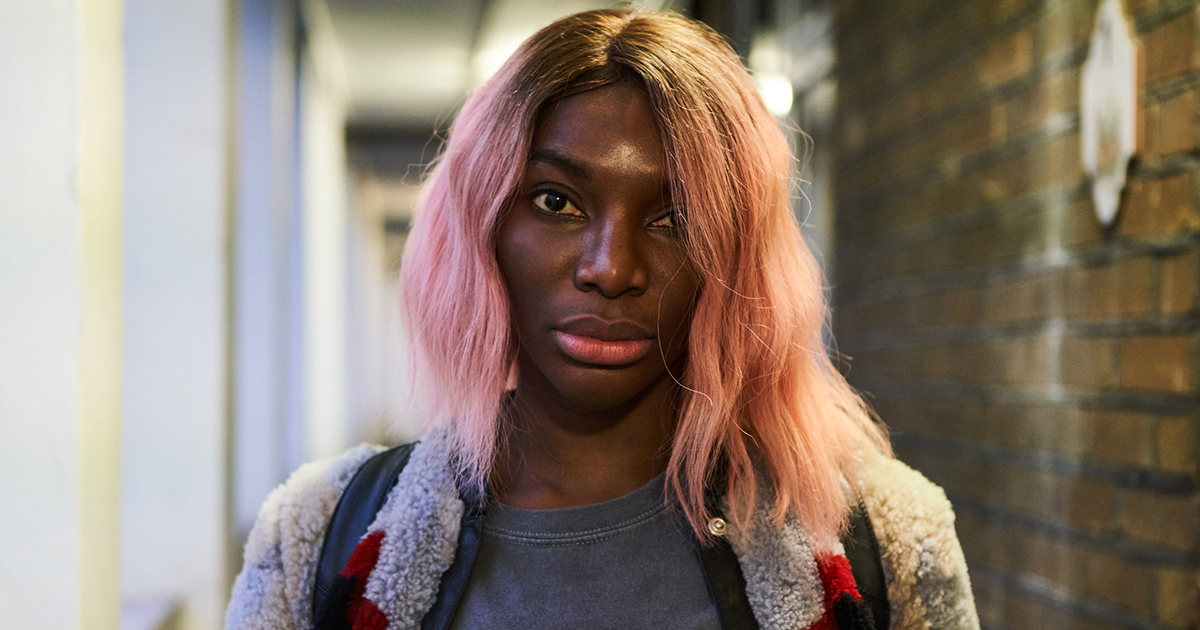“For many stuck inside during lockdown, streaming services have kept the movie-going experience alive — offering a safe alternative while cinemas remain shut. But film director Martin Scorsese isn’t such a fan. In an essay for Harper’s magazine, he’s warned that cinema is being ‘devalued… demeaned and reduced’ by being thrown under the umbrella term ‘content.’ He specifically criticized a lack of curation on streaming platforms, saying algorithms, which provide recommendations based on individual or collective viewing habits, are damaging the art form and ‘treat the viewer as a consumer and nothing else.’ It’s not the first time that Scorsese, the Oscar-winner behind classics including Raging Bull and Goodfellas, has spoken out against the state of the industry. In 2019, he bemoaned the multiplex’s reliance on superhero movies, comparing Marvel films to theme park rides. But just how do these algorithms work and are they really as culturally damaging as Scorsese suggests?”
Source: Alex Taylor, BBC Entertainment reporter
AT A GLANCE:
Films like Terminator and The Matrix have consistently told us that machines can’t be trusted, writes BBC Entertainment reporter Alex Taylor, yet the industry continues to rely on algorithms to keep viewers watching.
Streaming services rely on customer data points to “categorize, sort, filter and present different types of content.” One of the biggest tools for collecting customer data is the personalized profile, which encourages users to set up separate profiles for each user in any given household. Some of this personalization even includes the creation of multiple thumbnail images for content that are displayed to users based on their viewing history.
Filmmaker Martin Scorsese argues that machine learning renders any type of curation worthless, reductively simplifying the user’s experience to subject matter or genre. Content has been reduced to a “business term for all moving images” that can include anything from Lawrence of Arabia to a cat video.
Elinor Carmi, research associate at Liverpool University’s communication and media department, sees the situation instead as a “battle between the old and new gatekeepers of art and culture,” she says, noting that humans are “always involved” in the curation process.” Yet it would be a mistake to sentimentalize old gatekeepers compared to new technology companies such as Netflix. “In both cases, we are talking about powerful institutions that define, control and manage the boundaries of what is art and culture.”
The rise of “ambient TV,” as evidenced by the popularity of shows like Emily in Paris, which didn’t appeal to critics but was still one of Netflix’s top shows, is another factor, but journalist and media lecturer Tufayel Ahmed says that the reality is “more complex,” and what he calls “lowbrow content” actually paves the way for more niche projects such as Michaela Coel’s I May Destroy You to be greenlit.
Head over to the BBC News website to read the full story.





